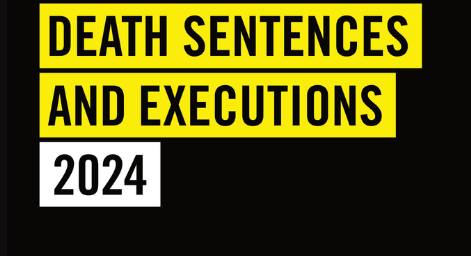
A new study released by Amnesty International shows world executions have climbed to their greatest levels since 2015 in its Death Sentences and Executions 2024 publication. The report attributes this increase to the politicization of capital punishment, notably in countries like Iran, Saudi Arabia, and Iraq. The execution rates across the world have increased but data shows a declining number of nations who execute people indicating more countries support death penalty abolition.
Context:
-
Total Executions in 2024:
-
1,518 people were executed across 15 countries, marking the highest annual number since 2015, and showing a 32% increase compared to 2023.
-
Key Points:
-
Global Execution Statistics:
-
Fifteen countries performed a total of 1,518 executions during this period compared to the 2023 total of 1,153.
-
Highest global execution rate since 2015.
-
-
Leading Countries by Number of Executions:
-
China
-
Iran
-
Saudi Arabia
-
Iraq
-
Yemen
-
The five countries together performed the most worldwide executions.
-
-
Political Use of Capital Punishment:
-
Governments apply execution as a tool to control dissenting behavior along with targeting minority populations.
-
The death penalty was administered to more than 40% of people convicted for drug offenses.
-
-
Global Abolition Movement:
-
The death penalty exists formally by law and in practice in only 15 countries while 145 jurisdictions have eliminated its use.
-
The number of countries that executed people in 2024 remained consistent at 15 throughout the same period in 2023.
-
-
India’s Status:
-
For 2 years in a row the Supreme Court has failed to approve any death sentences.
-
India still allows capital punishment for execution by utilizing hanging as the legal and authorized method of execution.
-
Key Legal Milestones in India:
-
Jagmohan Singh vs. State of U.P. (1972): The Indian judiciary upheld the death penalty as constitutional through its ruling in the Jagmohan Singh vs. State of U.P. (1972) case.
-
Bachan Singh vs. State of Punjab (1980): The 'Rarest of rare' principle developed during Bachan Singh vs. State of Punjab (1980).
-
Machhi Singh vs. State of Punjab (1983): Through the ruling of Machhi Singh vs. State of Punjab (1983) the courts finalized the specific standards which establish the 'rarest of rare'.
Global Legal Framework:
-
ICCPR Article 6 presents both restrictions on capital punishment implementation and support for elimination of this practice.
-
1984 UN Safeguards: Protect rights of those facing execution.
-
1989 Second Optional Protocol to ICCPR: Promotes death penalty abolition.
-
UNGA Resolutions (2007–2018): Calls for moratoriums and reduced capital offenses.
Conclusion
A large number of executions carried out in 2024 cannot change the long-running international shift toward banning this punishment. The world internationally criticizes concentrated capital punishment use among specific nations which executes people for non-violent crimes thus accelerating worldwide demands for human rights advancements. India continues to uphold the death penalty but exercises limited use of this punishment in accordance with overall judicial cautiousness.



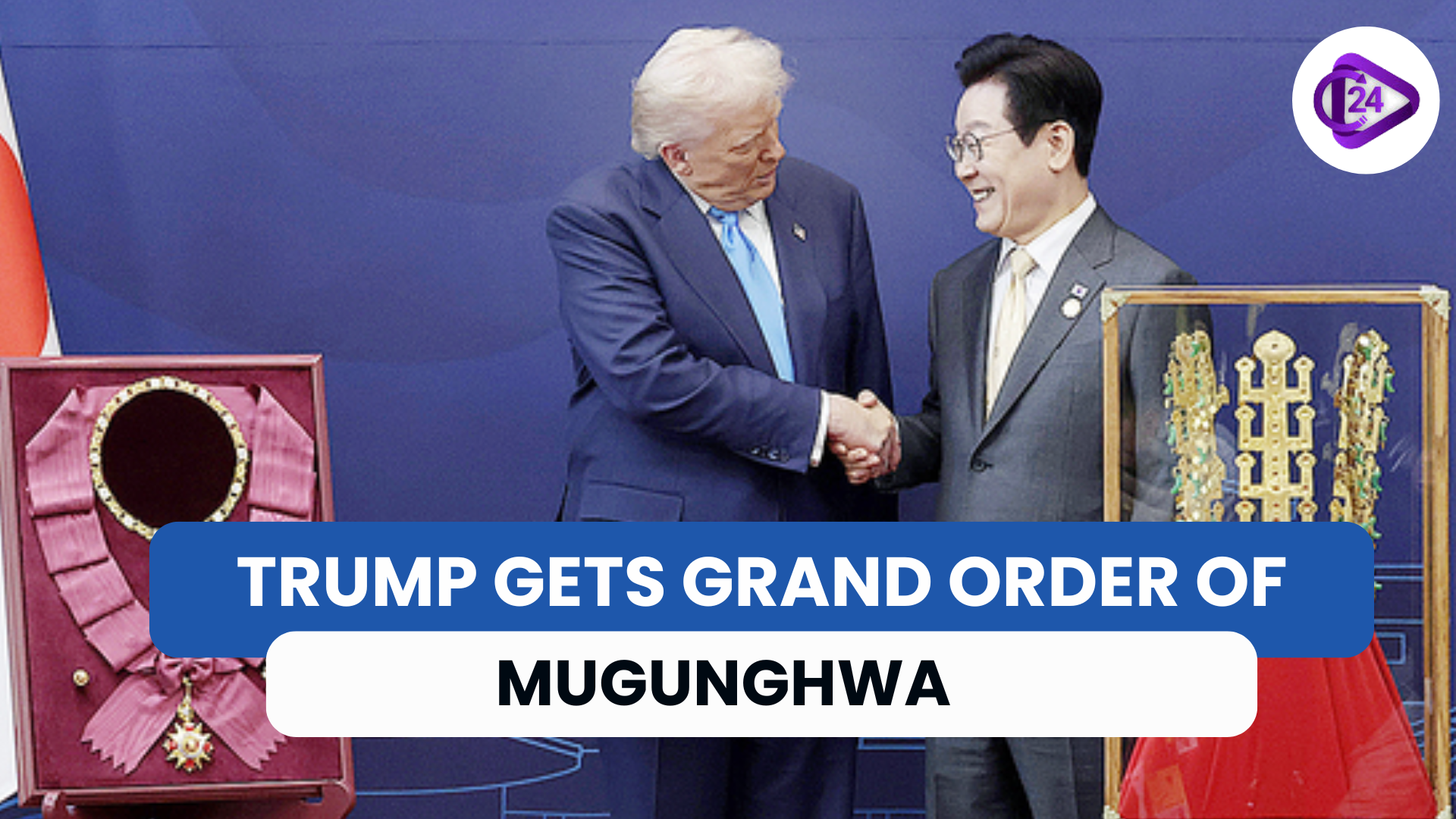 Trump Honored with South Korea’s Grand Order of Mugunghwa
Trump Honored with South Korea’s Grand Order of Mugunghwa Russia Stuns the World with Successful Burevestnik Nuclear Missile Test, Confirms Putin
Russia Stuns the World with Successful Burevestnik Nuclear Missile Test, Confirms Putin NASA Confirms Earth Now Has a Temporary Second Moon Named 2025 PN7
NASA Confirms Earth Now Has a Temporary Second Moon Named 2025 PN7 Timor-Leste Officially Becomes ASEAN’s 11th Member Nation
Timor-Leste Officially Becomes ASEAN’s 11th Member Nation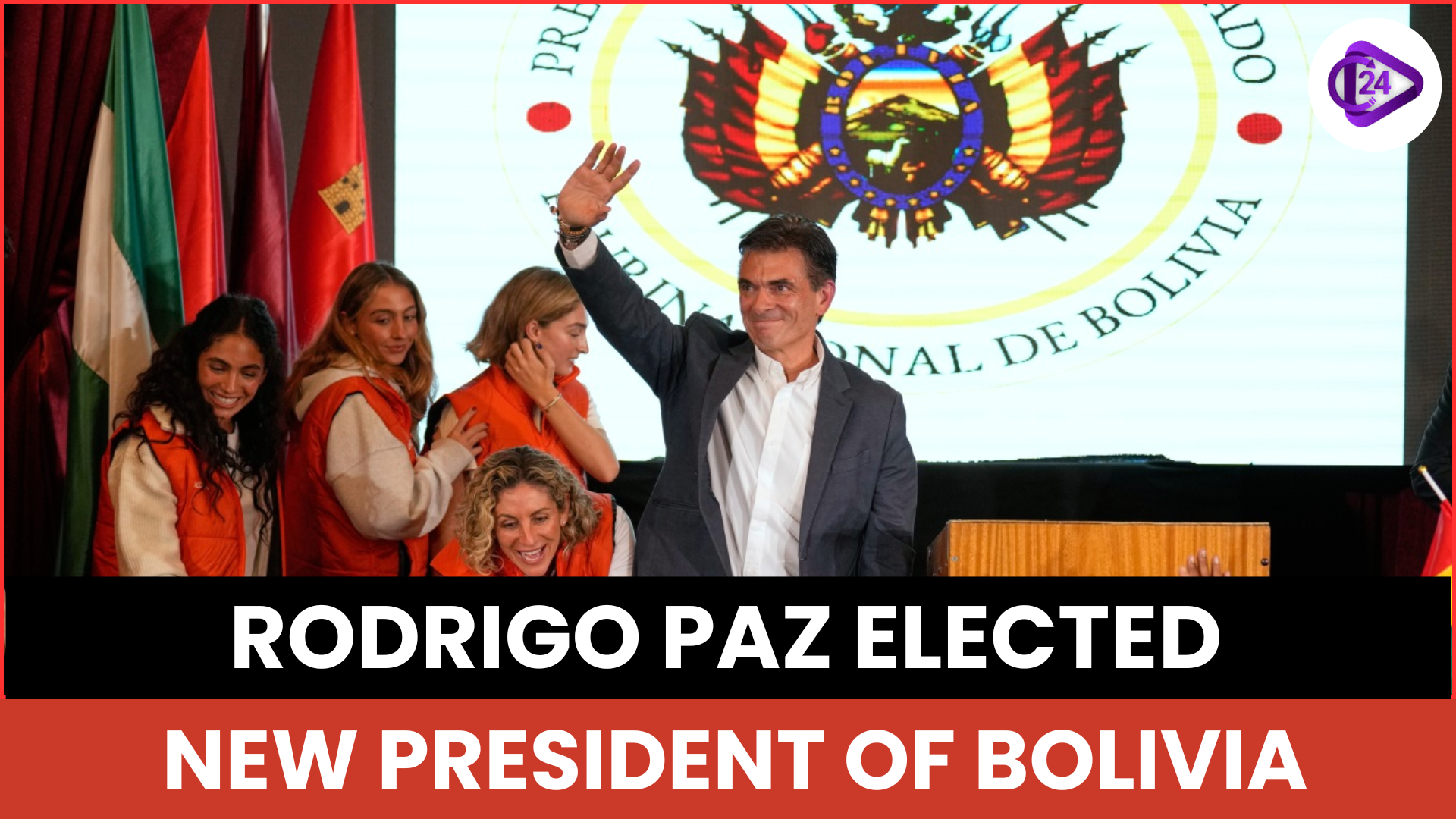 Rodrigo Paz Elected Bolivia’s President: A New Era Begins
Rodrigo Paz Elected Bolivia’s President: A New Era Begins Astronomers Discover Evolving Ring System Around Icy Body Chiron Beyond Saturn
Astronomers Discover Evolving Ring System Around Icy Body Chiron Beyond Saturn Sundarbans Aquaculture Model Wins FAO Global Recognition for Sustainability
Sundarbans Aquaculture Model Wins FAO Global Recognition for Sustainability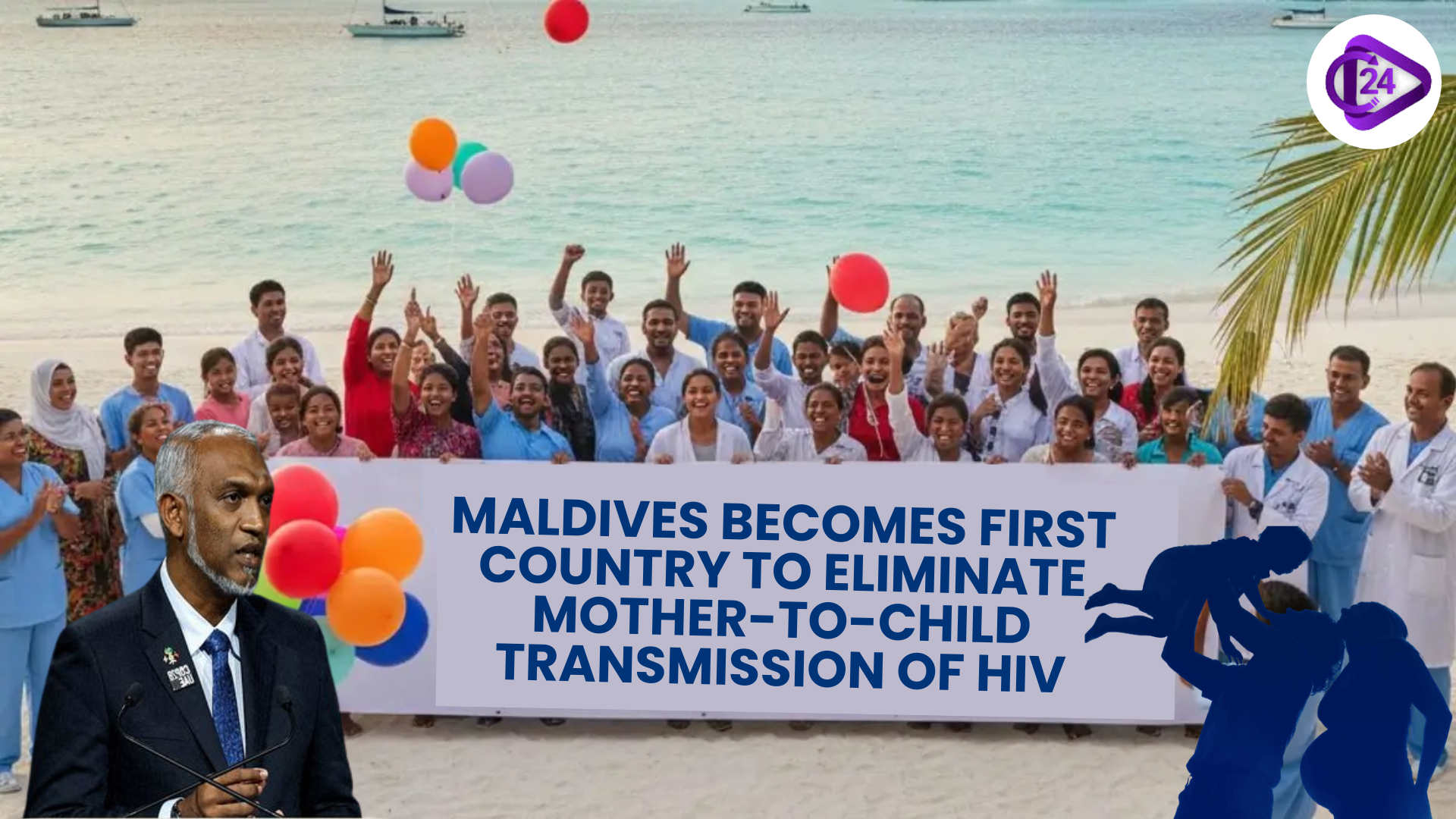 Maldives Achieves Landmark Success in Protecting Newborns from HIV, Hepatitis B, and Syphilis
Maldives Achieves Landmark Success in Protecting Newborns from HIV, Hepatitis B, and Syphilis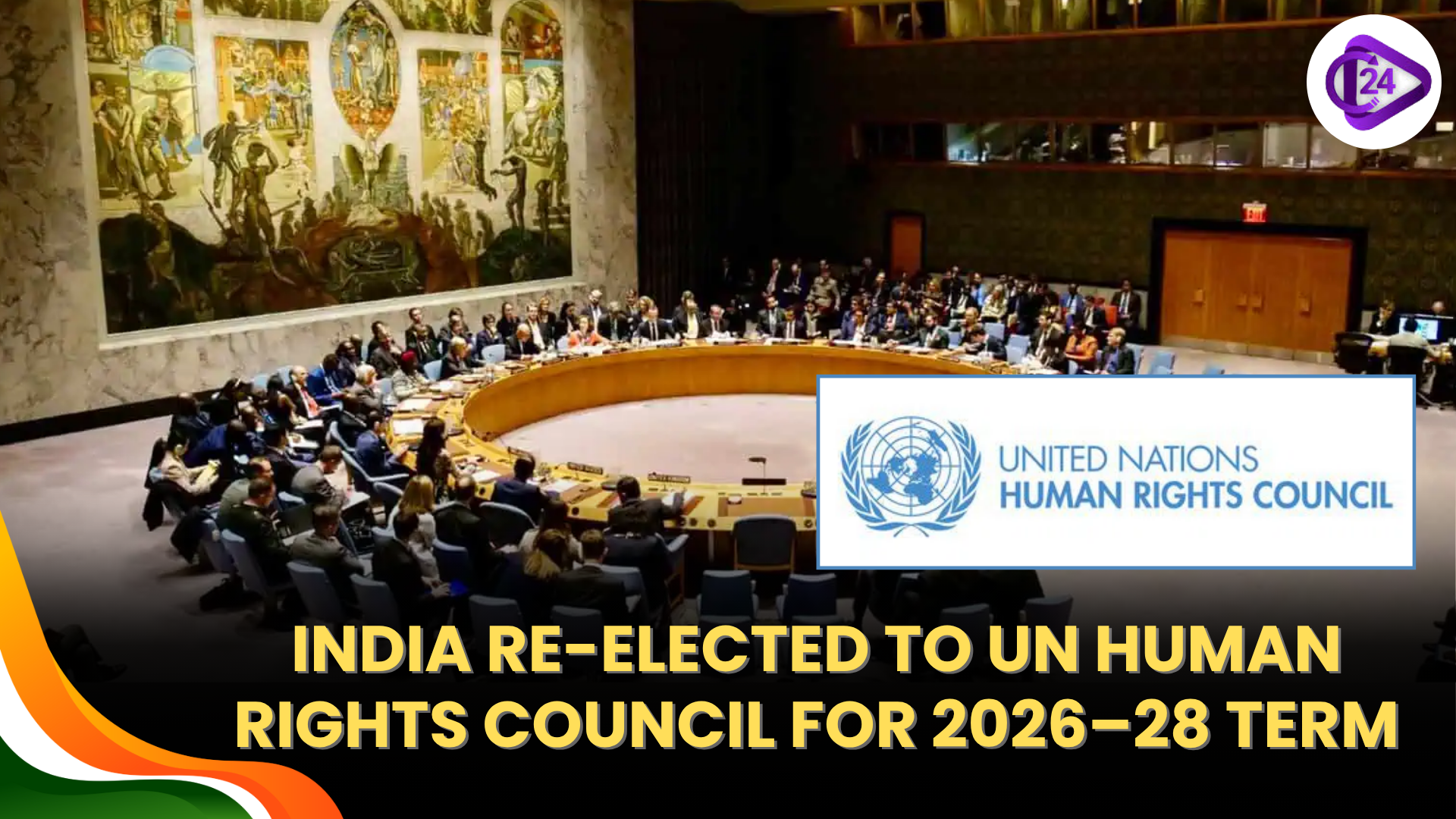 UN Human Rights Council Elections: India Wins Membership for 2026–2028
UN Human Rights Council Elections: India Wins Membership for 2026–2028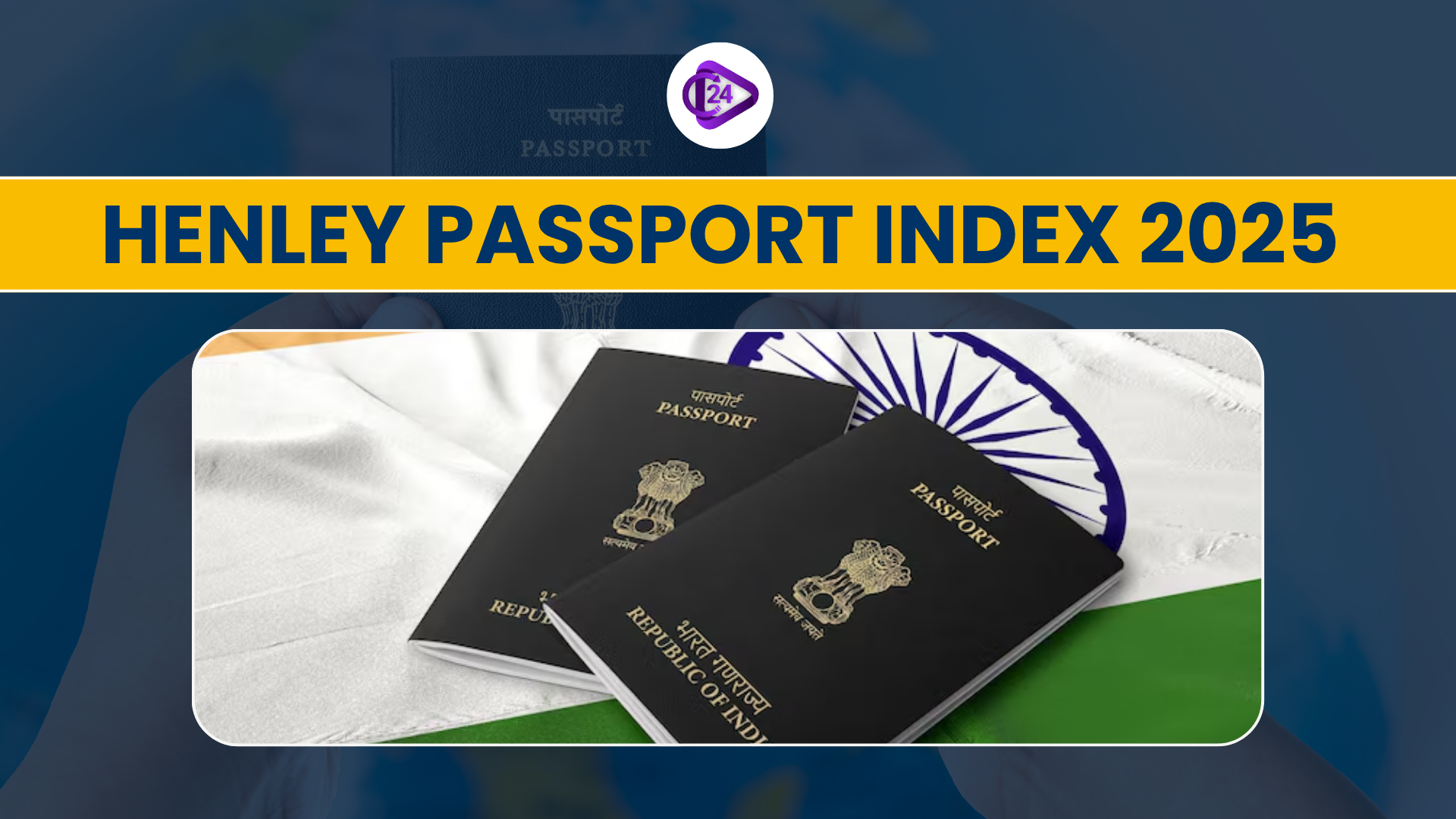 Henley Passport Index 2025: Singapore Tops, India Rank 85
Henley Passport Index 2025: Singapore Tops, India Rank 85






